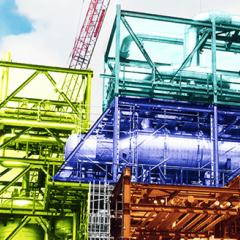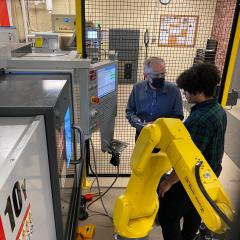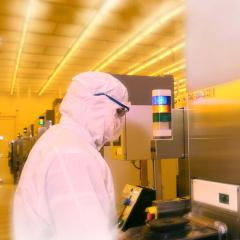
Today, manufacturing accounts for 25 percent of U.S. energy consumption and carbon emissions, and the industrial sector as a whole is the single largest contributor to greenhouse gas emissions in the nation, at 30 percent. Changing how industry produces materials and products is...





